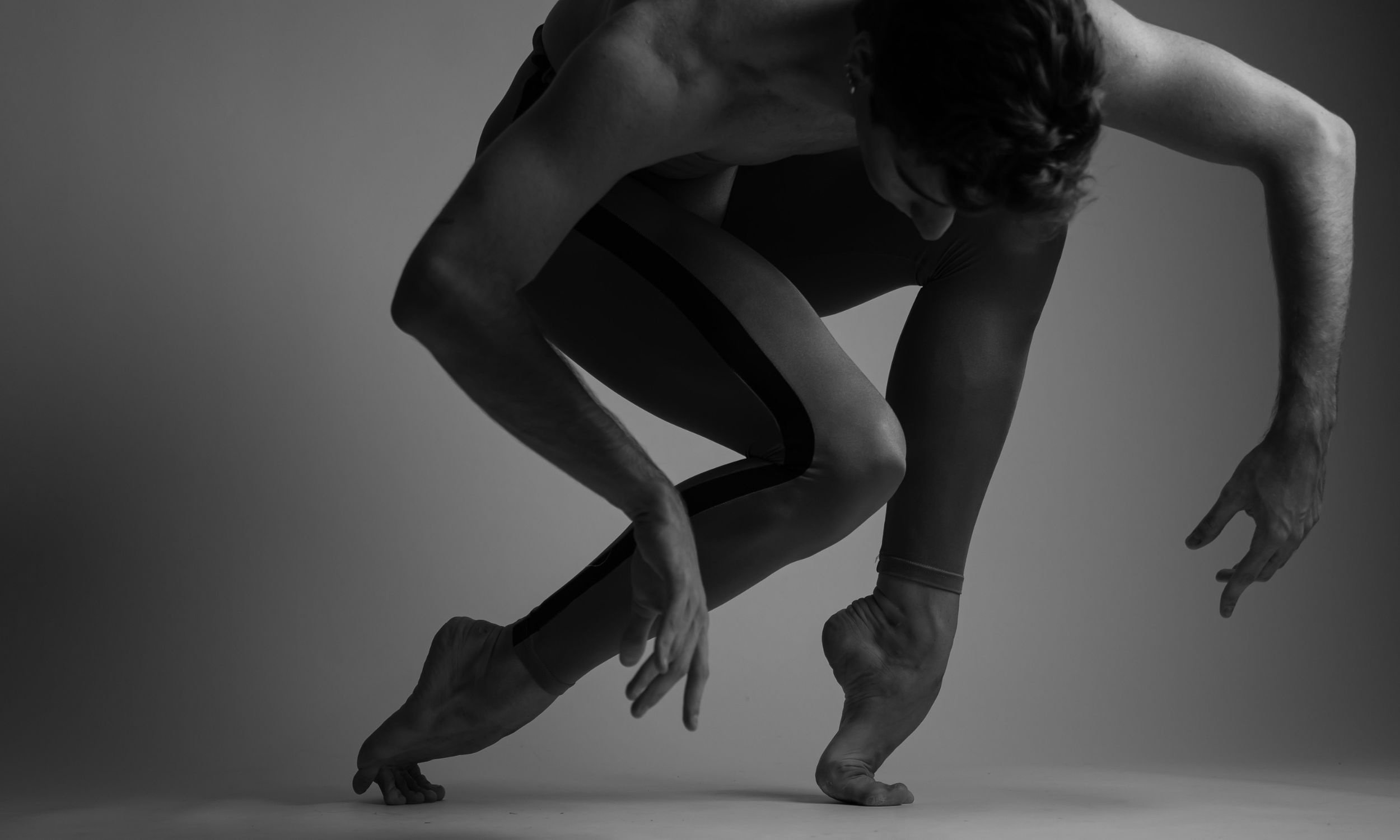
MY APPROACH
I help dancers and their parents navigate the behind-the-scenes aspects of their professional training that isn’t taught in dance schools.
All of my coaching and mentoring programs cover my Seven Wellness Principles:
NUTRITION: Teaching your dancer the basic nutritional tenets, how to avoid distorted eating patterns so common in dancers, how to prepare meals and healthy snacks, and make room for fun foods
BODY IMAGE: Coaching your child on developing a healthy, peaceful relationship with his/her body and preventing disordered eating
MENTAL FITNESS: How to manage negative self-talk, build confidence, cope with and overcome setbacks and obstacles, and develop coping skills for dealing with competition
PERFORMANCE PREPARATION: How to overcome nerves, plan for errors, and build courage
INJURY PREVENTION & PAIN MANAGEMENT: Strengthen your dancer’s voice and ability to ask for help, build courage around “negative” communications, learn to read the body’s signals, weigh the costs of silence, and develop a perspective on pain
ACADEMICS: Find balance between academics and dance, decide between online or bricks-and-mortar schooling, balance academics with dance ambition
FUTURE SUCCESS: Discussing his/her future: college? Conservatory? Dance then college? Your dancer will have options! We’ll talk about them.
Please book a Discovery Session with me to learn more about my programs and if I might be a good fit for you and your dancer!
I do this work because, while the dance world seems lovely on the stage, it has a nasty underbelly.
I came up against that time and again in my own training and career; thanks to my amazing parents, those experiences didn’t derail or undo me, but they could have.
I had a brilliant friend laid low by the psychological stresses of the training, saw my high school idol quit after struggling with an eating disorder, and even experienced the death of a fellow dancer. I saw dancers rewarded for their weight loss with roles and promotions, and punished for having to step away when injured.
None of these things should have happened, but they did. Each case scared the living daylights out of me and showed me that I was really on my own in this field.
As much as the dance world has evolved, and thank goodness for that, it’s got a long history of not doing what’s best for its dancers.
What’s particularly tricky is that most of the culture is unspoken: no one is saying you should dance through an injury, but it’s understood that you’ll lose out if you don’t. While a lot of schools are more circumspect about weight issues than they used to be, they can still make it very clear what’s at stake if you don’t follow their recommendations.
I want you and your child to be prepared and have the tools to thrive so that your dancer can enjoy a healthy training experience.
And it works! Once parents and dancers are empowered to place their own priorities at the center of their training, they can make decisions that are in alignment with those priorities.
FOR EXAMPLE —
One of my dancers was invited to join a prestigious international training program on the condition that she lost 15 pounds; she was 13 at the time and at a normal weight.
Rather than jump on the directive and compromise her still-growing body, we talked about it: Would it be worth it? What was at stake? In the end, this dancer and her mother walked away and stayed in her home school with a supportive and nurturing teacher for another year.
Fast forward to today: She is a soloist in a prestigious company and has maintained the tenets of “health first” that we worked on together.
Another one of my dancers was told she had made zero improvements over the year at her end-of-year evaluation, despite having been told all along that she was doing great.
This sent her into a tailspin where she questioned everything about her work ethic and self-worth. We did NOT spend time going down that black hole. Instead, we looked back at all of the incredible progress she had made during the year (which we had been tracking in our work) and she realized the teacher’s evaluation was inaccurate; she was able to regain her confidence and get back into the studio.
Fast forward to today: She is a happy, well-adjusted, and confident professional ballerina dancing in her dream company.
One of my dancers was commended for her weight loss in front of her classmates, despite having been told she was dangerously underweight by her Pediatrician.
Working in tandem with doctors and me, she took charge of her food and eating; she also changed schools, choosing a place that was more dedicated to her well-being.
Fast forward to today: after dancing professionally at a healthy weight, she is now a successful Pilates coach and teacher, bringing her own experiences to young dancers.

READY TO TAKE THE FIRST STEP?
With me by your child’s side, it is possible to face the backstage drama with poise and confidence, and to become a better, more grounded dancer.



